Programming Community Events
How running a community is the same as running a TV channel 20 years ago.
When TV channels are deciding what to air, they have a handful of categories of shows to fill their schedule.
Three of the buckets they think about are:
Primetime → The flagship shows everyone tunes in for.
Daytime → Niche content for smaller, dedicated audiences.
Special Events → Big one-time events that re-engage everyone.
Before working in community, my first real job was in TV sales. I would work with TV channels all over the world and license shows for them to broadcast. What I learned about how TV channels are programmed has been surprisingly useful in building communities.
It is important (or at least it was back then) for a channel to have a good balance between the types of programming in order to build a relationship with the audience and keep them engaged long term.
I’ve found that the way we "program" community events naturally follows a similar structure. Here’s how you can think about your community as a TV channel to offer the right options for your members.
Primetime
Primetime TV shows are the most widely appealing shows that are a good fit for most everyone in that channel’s particular audience. Think about shows like Seinfeld, Survivor, The Simpsons. They have wide appeal and ideally keep people coming back for a long time.
In your community, you should think of your primetime events like a microcosm of your group. They should be relevant for most of the community, happen regularly and address the main reason a member joins.
These don’t have to have elaborate structures, they just have to work to solve your member problems. For example, a recurring Q&A or office hours, a signature workshop, a networking meetup are all structures that are good primetime contenders.
This event should be the best example of the core purpose and values of your group. It should be a repeatable ritual that makes sense for members to show up for over and over.
Daytime
Outside of primetime, TV channels rely on more niche shows that aren’t necessarily for everyone, but that the right people will love and show up for. Consider shows like Jeopardy, Julia Child, The Oprah Winfrey Show.
In communities, these are more targeted, small group events.
For example, specific subgroups, skill-specific workshops, or regional hangouts. They’re each relevant to certain members based on where they are in their journey, their location, or a shared identity.
Daytime community events don’t need the same broad appeal as your primetime stuff, but they’re essential for deepening engagement and providing tailored, long term value to your community’s diverse segments. These events are often where members can find others to collaborate with or connect with.
Special Events
TV networks generate lots of buzz with big, one-time events. For example, Macy’s Thanksgiving Parade, The Oscars, The Olympics, Christmas Day Movie Marathons, Shark Week, etc. Your community can also benefit from big moments that create excitement and draw in both your core members and those who might not engage regularly.
Special events could be things like: annual summits, an end-of-year celebration, event(s) around a new course launch, a challenge. Special events are designed to feel like a delightful little bonus, and draw attention from even the most inactive members of the community.
These events are great opportunities for cross-pollination—bringing together different segments of your community who might not usually interact but share a common interest in the topic or occasion.
As a way to keep your community engaged long term, I invite you to consider your events in these three categories. Does your community have a type of event in each of the 3 categories: primetime, daytime and special events? If not, here’s what I recommend as a fun exercise:
Write a list of your favorite TV shows from when you were growing up in each category — primetime, daytime and special events (this works less well now that everything is streaming on demand, but even Netflix programs tend to roughly fall into similar buckets).
Using your favorite shows as inspiration, brainstorm one ideal event structure for your community in each of the 3 categories. For example, in what ways can your annual special event be like the MTV VMAs? What is an event in the daytime category that is like The Price is Right? Be creative here, you’re not committing to anything!
Then, after you’ve brainstormed some possibilities, think deeply about your member journey and narrow down one idea that you’d like to try first.
Subscribe to Friendly Nooks
A weekly email for thoughtful community business founders. Get actionable tips on sustainable business models, community experience, operations and more.




